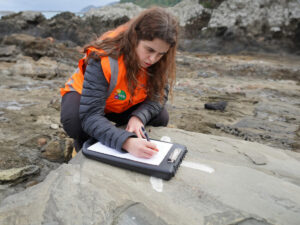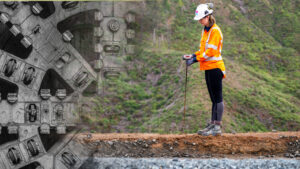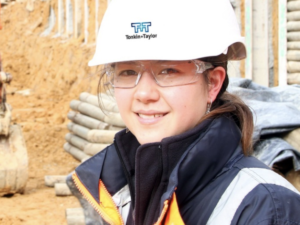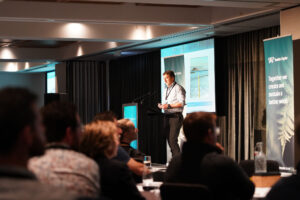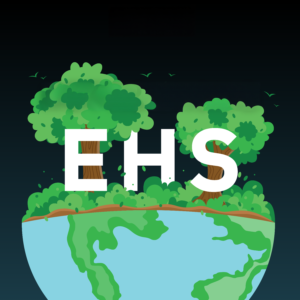8th International Conference on Earthquake Geotechnical Engineering (ICEGE), 2024, Osaka
Variable or unknown ground conditions are a major contributor to uncertainty in a geotechnical project and arise as a result of the geomorphological processes that shaped the land. The planning of a ground investigation programme can be thought of as a sampling optimisation problem, seeking to balance precision, accuracy, and costs through selection of an investigation density that achieves a degree of residual uncertainty that is sufficient for the intended purpose. Show more…This study draws on detailed observations of the patterns of liquefaction-induced land damage mapped across Christchurch City during the 2010 – 2011 Canterbury Earthquakes, and uses the variability in the observed damage as a proxy for variability in the underlying shallow ground conditions. The correlation between investigation density and residual uncertainty in ground conditions is examined using a Monte Carlo approach, varying size of the study area and the investigation spacing. The hypothesis is that as the total area investigated increases, the spacing between investigations can be increased while still achieving the same degree of residual uncertainty in the ground conditions. The results of this study were used to set the minimum investigation density recommendations for land use planning and subdivision in the New Zealand guidance on geotechnical investigations for earthquake engineering. Show less…






